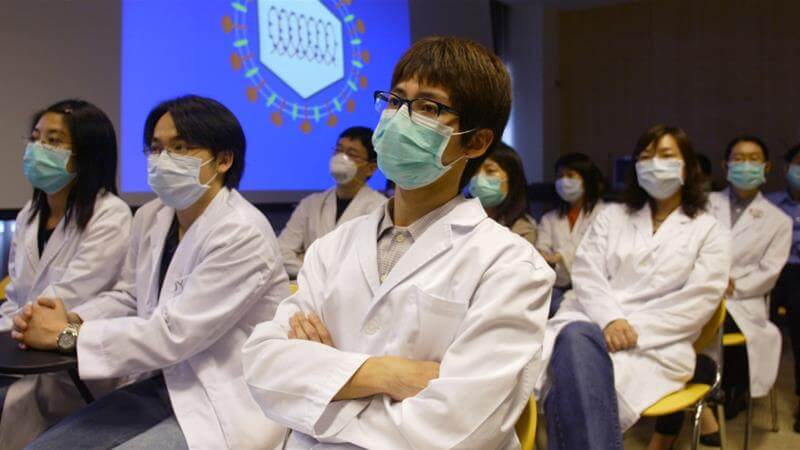Chinese officials and doctors have now confirmed that viral pneumonia-like disease that has spread through the Wuhuan and left 59 people severely ill was caused by a new type of coronavirus that is from the same family as SARS.
This type of virus is also found in bats and camels and was first identified in humans in the 1960s. It generally causes common cold symptoms, but certain strains with more dangerous symptoms have been identified and diagnosed as a more severe illness by experts.
Initial evaluations of the infection that broke out between December 12 and 29 revealed, but this latest discovery gives the authorities more information to implement prevention and control mechanisms. Nevertheless, experts still know very little about the virus.
Preliminary examinations done by gene consequencing of the virus from one patient suggested that this new coronavirus is “different from others identified in the past,” but questions remain. For example, although there is no evidence of human to human transmission, the lead doctor heading the investigation said it could not be ruled out.
Doctors believe that the fact that the first cases were found in the seafood market most probably means that it was transmitted via animals. For this reason, local authorities have suspended the marketplace and are conducting further investigations.
In Hong Kong, eight people who recently visited Wuhan were hospitalized with similar symptoms. This has prompted the Honk Kong, Taiwan, and other neighboring countries to raise their alert level and step up detection measures at airports and other transportation points for people coming from the region. Furthermore, authorities have strengthened quarantine control in anticipation of millions of people traveling to and from China for the country's largest festival, the Lunar New Year, on January 25.
However, despite the announcement and subsequent measures, fears remain of this being a repeat of SARS in 2002, which infected 8,000 and claimed 800 lives.
Image Source: Reuters

